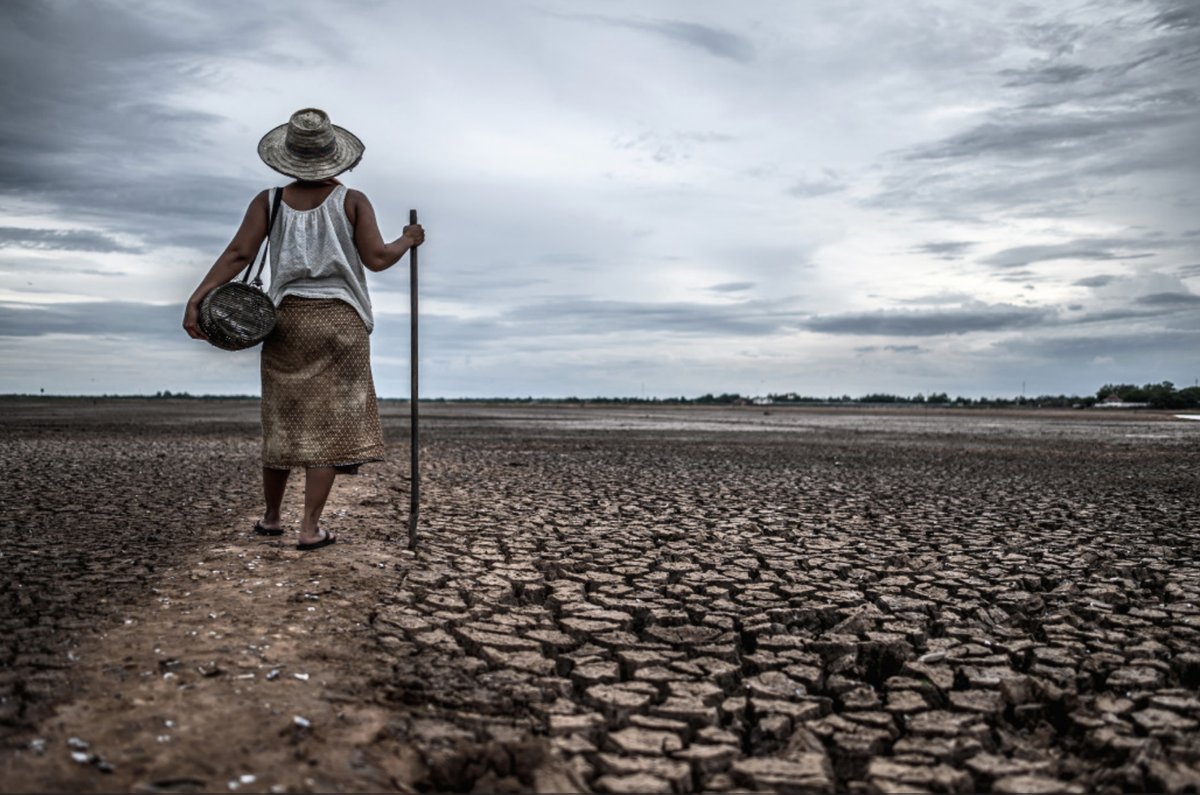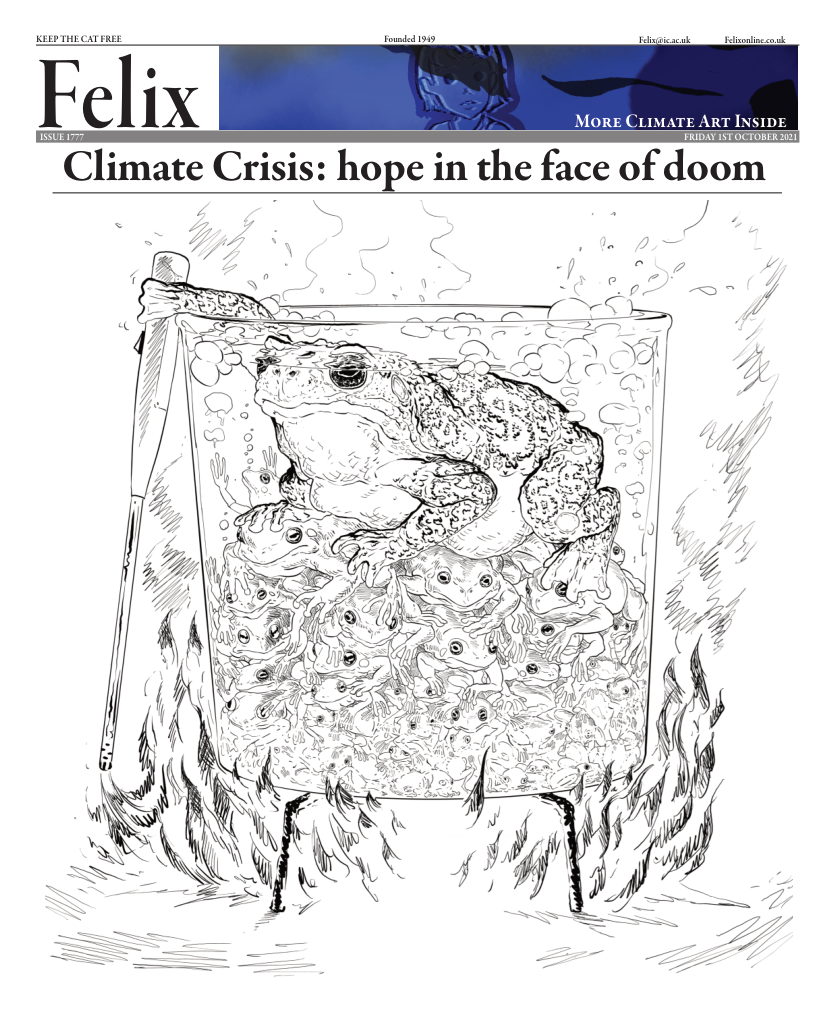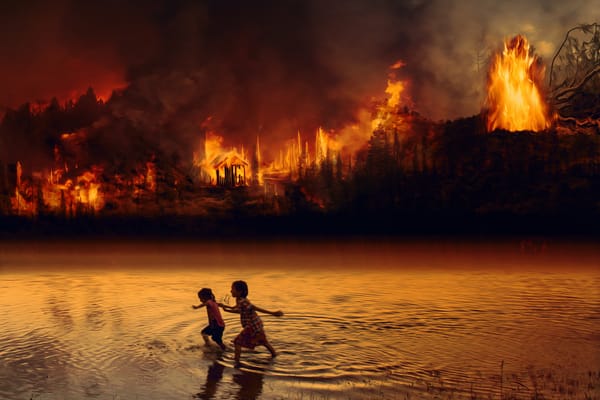Climate change has reached the West
Felix's Editor-in-chief, Sam Lovatt shares his thoughts on the impacts of climate change throughout his childhood

If climate history is a rollercoaster, 2021 is the point at which the carriage passes the track’s summit, and the G force starts kicking in. I’ve been interested in preventing climate change for as long as I can remember, even being a member of the behemoth lobbying group that was the “Eco committee” at my primary school. Even at the osteoporotic age of 23, man-made climate change predates me by some margin.
In the 60s, it was becoming clear that CO2 affected the world’s climate. Evidence mounted, and in 2006, Al Gore’s ‘An Inconvenient Truth’ was released and won an Oscar, providing one of the first real wake-up calls to the public. To an audience of developed nations, all this was terrifying yet merely academic - warmer summers were welcomed by most with open arms, and the foretold natural disasters were yet to be seen en masse. 2021, I believe, is the turning point in our lived experiences. This year we have seen climate catastrophe across the globe: the “heat dome” in the Pacific North West of the US and Canada broke temperature records, started fires that razed villages to the ground, and killed hundreds of people. Wildfires tore across Greece and Turkey, displacing thousands and destroying countless homes. The “wet bulb” temperature critical for human survival, an environment where a damp cloth over a thermometer registers 35 Celsius or higher, was broken at multiple locations across the globe for the first time ever.
In these conditions, humans are not able to survive. Conversely, many parts of the world saw extreme flooding: Germany and Belgium were ravaged by torrents that caused over 200 deaths and incalculable damage to infrastructure. Monsoons in India have been unprecedentedly erratic. Described as “one of the most stable weather systems on the planet”, rainfall was shotgunned across the country in a way that left vast swathes of land flooded whilst leaving all else in a water deficit. Extreme rainfall in Henan province, China, killed over 300 people and left countless homes destroyed.
This is it. So many freak weather events occurred this summer that it’s wrong to still call them freak. The IPCC report released this August was the most damning report of our situation so far and was set apart from the rest by one key observation - we cannot stop this. The report makes clear that damage has already been done to the planet that would take millennia to reverse. We can avoid a “catastrophe” if COP26 goes perfectly, but events such as those listed above will only get more common and more severe.








